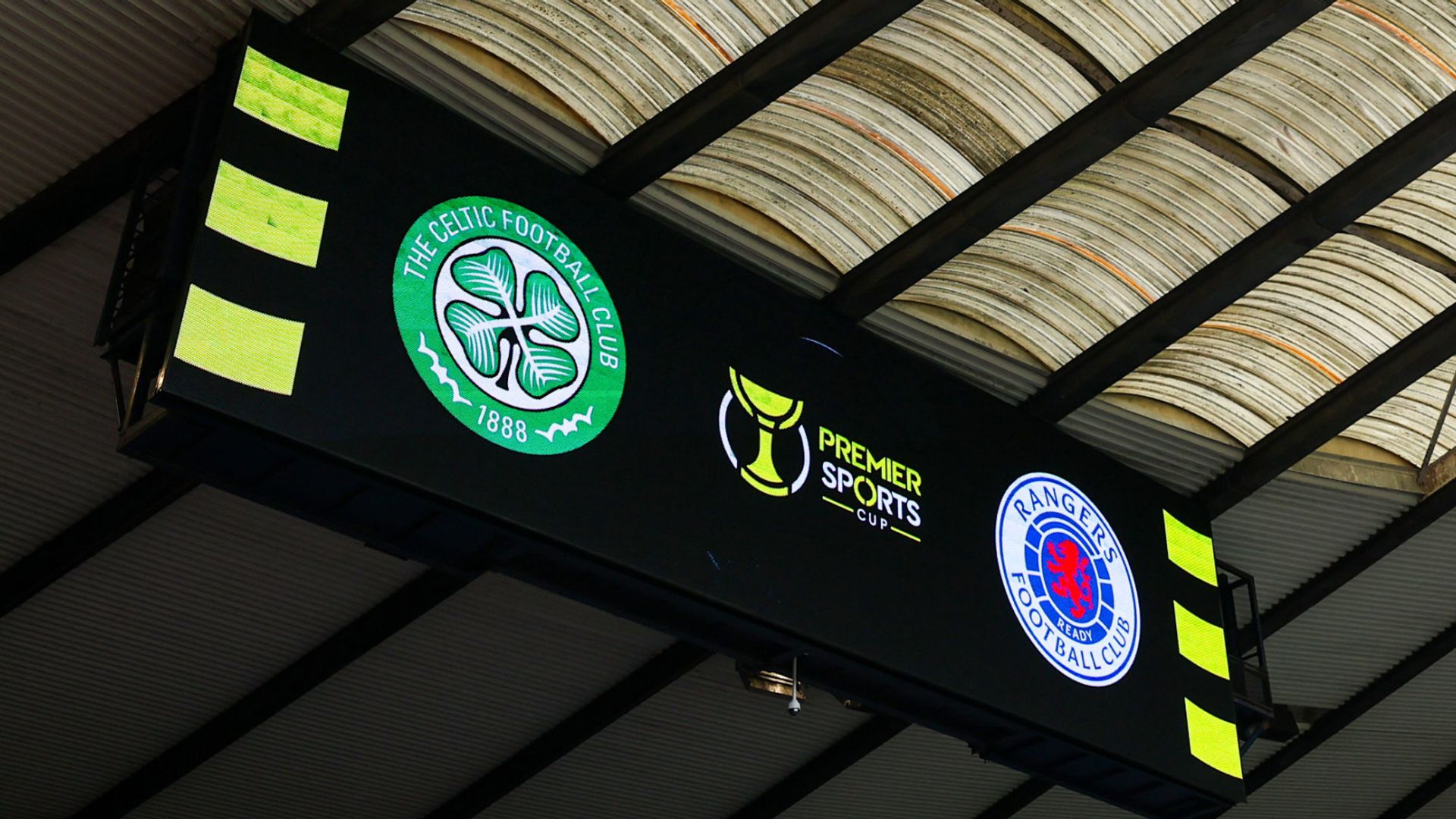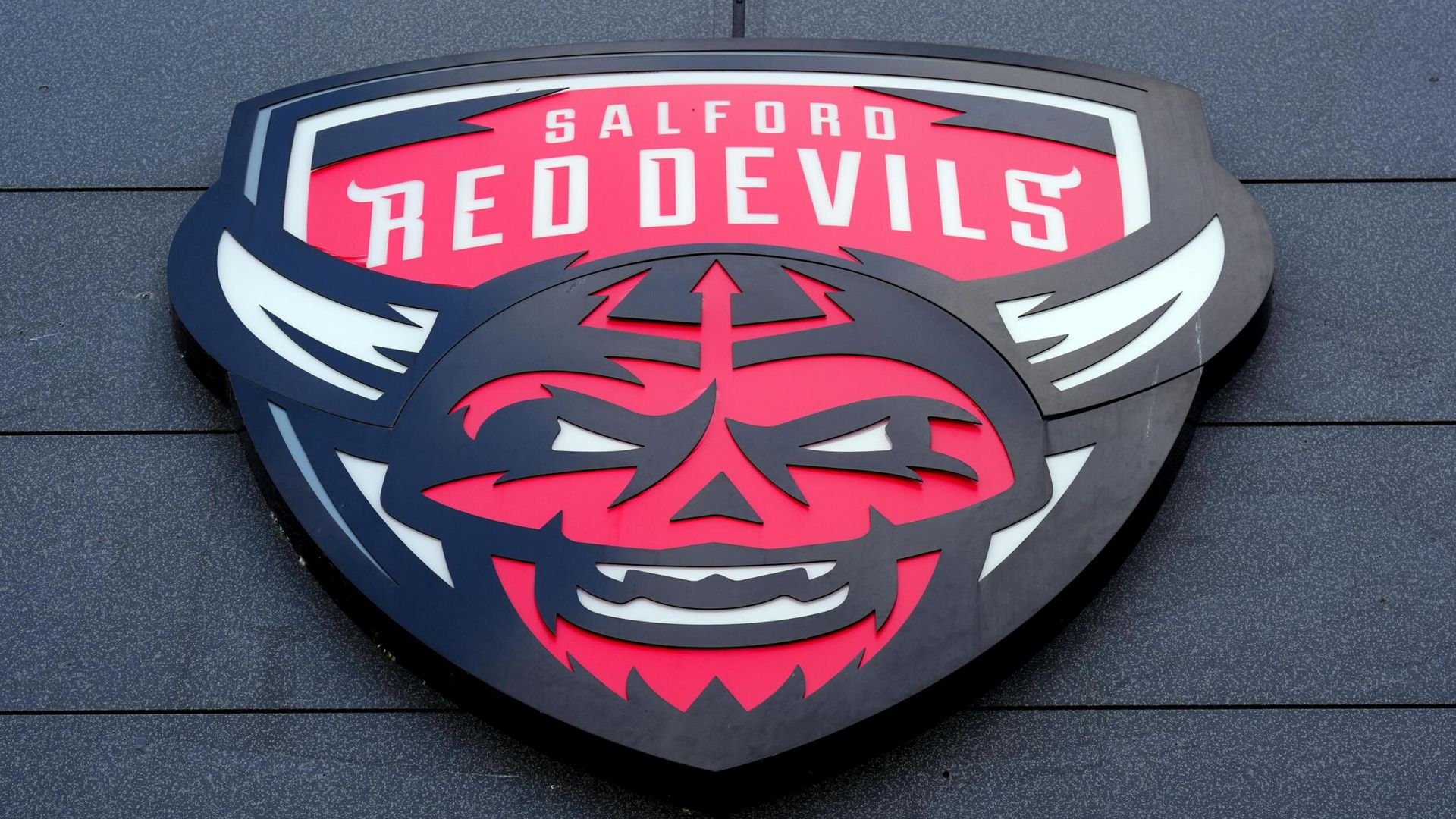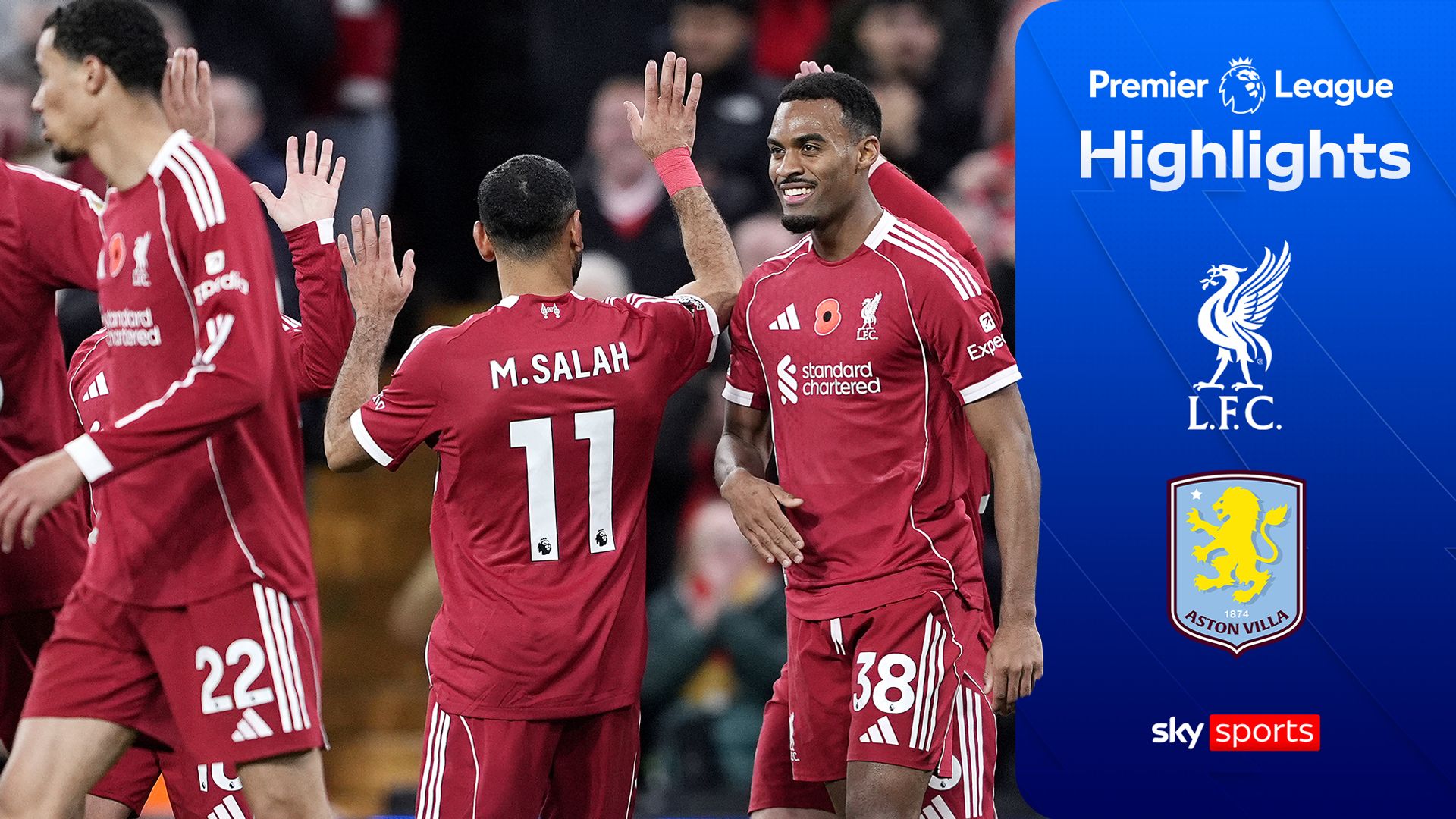Celtic and Rangers: The Fiercest Rivalry in Football Mirrors the Divisions of Society Today, Fueling Hatred and Passion in Equal Measure
The Scottish League Cup semi-final between Celtic and Rangers is not just a football match; it is a battleground where historical grievances, cultural identities, and fierce loyalties collide. This rivalry, one of the most intense in world football, transcends the sport itself, echoing deep-rooted issues that have shaped Scottish society for generations. The stakes are high, and the atmosphere is charged with emotion as fans prepare for a clash that promises to be as much about identity as it is about football.
Celtic Football Club, founded in 1887, has its roots in the Irish immigrant community in Glasgow. The club represents not only a footballing institution but also a cultural symbol for many who identify with the Catholic community in Scotland. Its history is intertwined with the struggles of the Irish diaspora, and the club has long been a source of pride for those who see it as a bastion of their heritage.
On the other side of the divide stands Rangers Football Club, established in 1872, which has historically been associated with the Protestant community. The club’s identity is often framed within a narrative of British nationalism, and it has been a focal point for those who align with Unionist sentiments. This dichotomy between Celtic and Rangers is not merely a sporting rivalry; it is a manifestation of the socio-political landscape of Scotland, where religion and identity often dictate allegiances.
The semi-final match is set against a backdrop of recent tensions, both on and off the pitch. The two clubs have faced off countless times, but each encounter seems to carry the weight of history, with fans often bringing the baggage of past conflicts into the stadium. The atmosphere is electric, with chants and banners that reflect the deep-seated animosities that have festered over the years. This rivalry has seen its share of violence and controversy, with incidents in the stands and on the streets highlighting the volatile mix of passion and animosity that surrounds these fixtures.
In recent years, both clubs have made efforts to address the issues surrounding sectarianism and violence associated with their matches. Initiatives aimed at promoting peace and understanding have been introduced, but the challenge remains significant. The deeply ingrained nature of the rivalry means that for many fans, the match is about much more than just football; it is a chance to assert their identity and beliefs in a public forum.
The financial implications of this rivalry are also noteworthy. Both Celtic and Rangers are among the wealthiest clubs in Scotland, with substantial revenues generated from ticket sales, merchandise, and broadcasting rights. The financial stakes are high, and success on the pitch translates to increased income, which can further entrench their positions in Scottish football. The competition for dominance not only affects their standings in domestic leagues but also their ability to compete in European competitions, where the prestige and financial rewards can be transformative.
As the match day approaches, the anticipation builds. Fans from both sides prepare to descend upon the stadium, bringing with them their hopes, fears, and the weight of their respective histories. The atmosphere will be charged, with a palpable sense of tension that will resonate throughout the stands. The players, too, will feel the pressure, knowing that their performance will be scrutinized not just for its sporting merit but for its implications on the broader narrative of the rivalry.
The media coverage of the match will undoubtedly amplify the stakes, with headlines and commentary framing the encounter as a clash of titans, a battle for supremacy that goes beyond the pitch. The narratives constructed around these games often reflect the societal divisions that exist, with pundits and fans alike drawing parallels to historical events and current issues that resonate within the community.
In the days leading up to the match, discussions around the implications of the rivalry will dominate social media and news outlets. Debates about sectarianism, identity, and the role of football in society will be reignited, with voices from both sides passionately defending their positions. The semi-final will serve as a microcosm of the larger societal issues at play, reflecting the complexities of identity, loyalty, and the human experience.
As the whistle blows and the match begins, the players will enter a cauldron of noise and emotion, where every pass, tackle, and goal will be met with roars of approval or disdain. The outcome will be more than just a win or loss; it will be a reflection of the communities they represent, a moment that encapsulates the ongoing struggle for identity and belonging within the fabric of Scottish society.
This semi-final is not just another fixture in the football calendar; it is a reminder of the power of sport to reflect and amplify societal divisions. As Celtic and Rangers take to the pitch, they do so with the weight of history on their shoulders, aware that they are not just playing for victory but for the pride and identity of their respective communities. The clash of these two giants will resonate far beyond the final whistle, leaving an indelible mark on the landscape of Scottish football and society as a whole.




